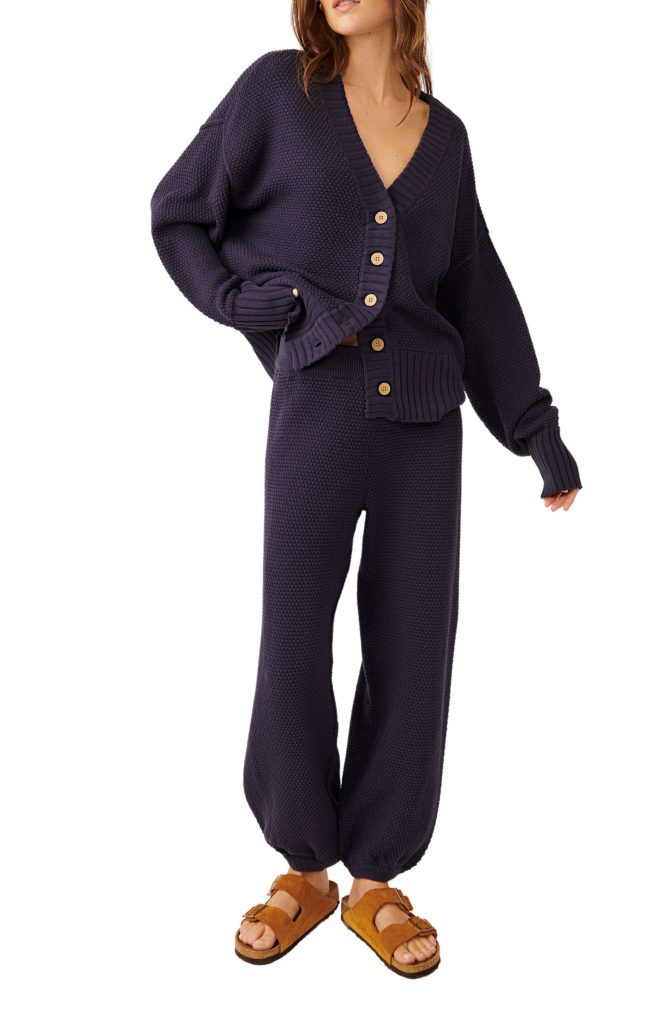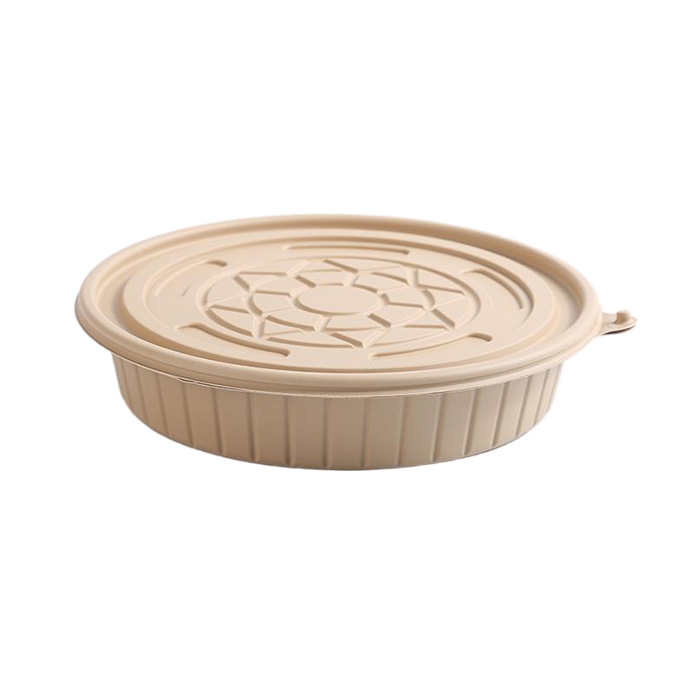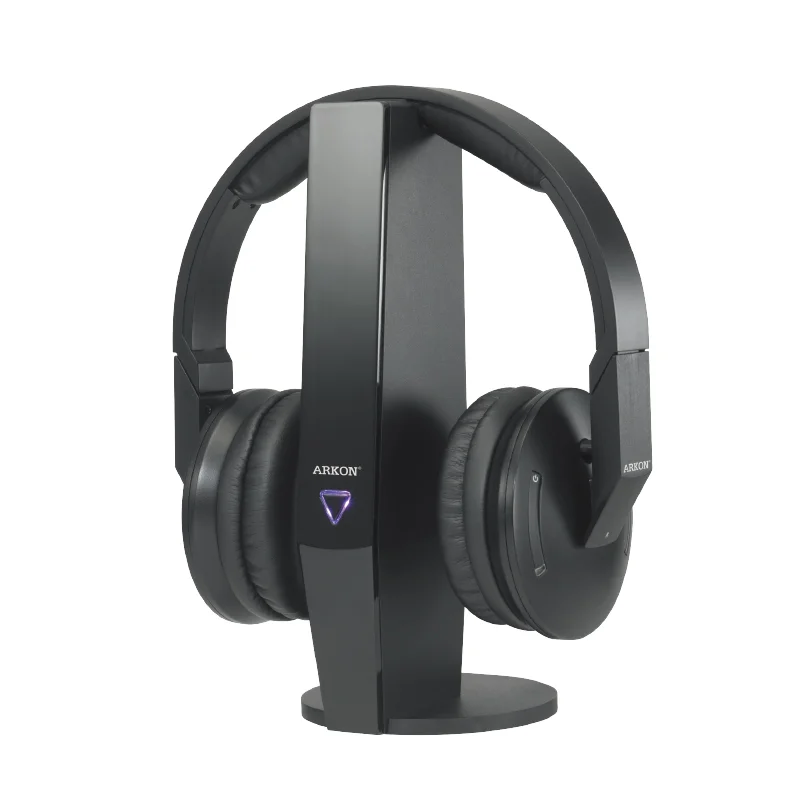Unveiling the Perfect Blend: Decoding the Best Fabric for T-shirts

When it comes to choosing the perfect fabric for T-shirts, there are numerous options available in the market. Each fabric has its own unique characteristics, which can greatly impact the comfort, durability, and overall quality of the T-shirt. In this article, we will delve into the world of fabrics and explore the best options for T-shirts, considering factors such as breathability, softness, moisture-wicking properties, and environmental sustainability.
- Cotton: The Classic Choice
Cotton has long been hailed as the go-to fabric for T-shirts due to its breathability, softness, and versatility. It allows air to circulate, keeping you cool in hot weather, and absorbs moisture, keeping you dry. Moreover, cotton is hypoallergenic and gentle on the skin, making it suitable for those with sensitive skin. However, pure cotton T-shirts may wrinkle easily and tend to shrink after washing. - Polyester: The Performance Powerhouse
Polyester is a synthetic fabric known for its durability, wrinkle resistance, and moisture-wicking properties. It is often blended with other fabrics, such as cotton, to enhance the T-shirt's performance. Polyester T-shirts are ideal for athletic activities as they quickly wick away sweat, keeping you dry and comfortable. However, some people find polyester less breathable and less comfortable than natural fibers. - Bamboo: The Eco-Friendly Alternative
Bamboo fabric has gained popularity in recent years due to its eco-friendly nature. It is derived from bamboo pulp and boasts excellent breathability, moisture-wicking properties, and natural antibacterial qualities. Bamboo T-shirts are incredibly soft, hypoallergenic, and biodegradable. Additionally, bamboo plants require minimal water and pesticides, making it a sustainable choice. However, the production process of bamboo fabric involves chemical treatments, which may raise concerns for some individuals. - Modal: The Luxurious Pick
Modal is a type of rayon fabric made from beech tree pulp. It is known for its luxurious softness, breathability, and resistance to shrinking or fading. Modal T-shirts drape well, have a silky feel, and offer excellent moisture absorption. They are often blended with other fabrics, such as cotton or spandex, to enhance their durability and stretch. However, modal fabric may require special care during washing to maintain its quality. - Hemp: The Durable and Sustainable Option
Hemp fabric is derived from the fibers of the cannabis plant and has been used for centuries due to its durability and strength. Hemp T-shirts are highly breathable, moisture-wicking, and resistant to odors. They are also naturally UV-resistant and biodegradable. Additionally, hemp plants require minimal water and pesticides, making it an environmentally friendly choice. However, hemp fabric can feel coarse initially and may require multiple washes to soften.
Conclusion:
Choosing the best fabric for T-shirts depends on personal preferences and specific needs. Cotton remains a classic choice for its breathability and softness, while polyester offers enhanced performance for athletic activities. Bamboo and modal provide eco-friendly and luxurious options, respectively, and hemp stands out for its durability and sustainability. Consider the desired characteristics, environmental impact, and comfort level when selecting the fabric for your perfect T-shirt.





